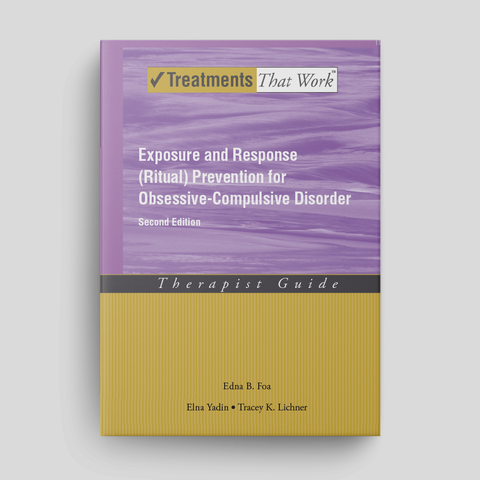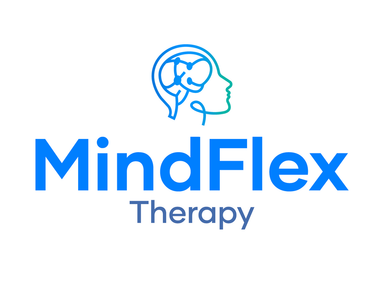Toronto
Anxiety & OCD Treatment
for Teens and Adults
Nadeem Momenzadeh, MSW RSW
Registered Social Worker, Psychotherapist
Has your anxiety left you stuck in a relentless cycle of worrying, obsessing, and avoiding? Have you been suffering from panic attacks and fear having another one? Are you struggling with crippling shyness and feelings of insecurity? Do you find yourself obsessing about contamination, the well-being of yourself or others, your sexuality or relationships, or the sense of needing things to be “just right?” Do you find yourself desperately attempting to get rid of these thoughts and feelings? Are you ashamed of these thoughts and worry that they mean something about you?
If you’ve been struggling with this, I applaud you for seeking help. I want to assure you of one thing - you are
not your thoughts. Many people struggle with this and it does not mean you are a “bad” or “broken” person. I focus on treating Anxiety and OCD in teenagers (12+) and adults utilizing evidence-based Cognitive-Behavioural (CBT) treatments including: Acceptance and Commitment Therapy (ACT), Exposure-Response Prevention (ERP), Unified Protocol (UP), Dialectical-Behavioral Therapy (DBT), Compassion-Focused Therapy (CFT), and Motivational Interviewing (MI). Gold standard treatments for anxiety involve
exposure therapy which, simply put, means small steps are taken to approach your fears to help you take back control of your life - no longer letting your fears control
you.
Certifications & Training

- Prolonged Exposure for PTSD - Live Online 13 Hr Course (CBI) 2024
- Compassion-Focused CBT with Dr. Dennis Tirch & Dr. Paul Gilbert (PsychWire) 2024
- ACT for ADHD with Dr. Russ Harris (PsychWire) 2024
- Video Game Addiction: Advanced Clinical Perspectives and Interventions (HealthyGamer Institute) 2024
- Exposure & Response Prevention (ERP) for OCD - Live Online 27 Hr Course (CBI) 2024
- The Unified Protocol: A Transdiagnostic CBT Treatment (PsychWire) 2024
- Psychotherapy Day with Dr. Steven Hayes: Process-Based Therapy and ACT (CAMH) 2023
- DBT Skills for Adolescents and Families (PsychWire) 2023
- OCD Workshop with Dr. Jason Plasky C.Psych (EveryMind) 2023
- Trauma-Focused ACT with Dr. Russ Harris (PsychWire) 2022
- Holistic Crisis Planning (EveryMind) 2022
- CBT Essentials with The Association for Psychological Therapies (APT) 2022
- CBT Approaches for Racial Trauma with Dr. Rao MD (OASW) 2022
- Attachment, Regulation, and Competency Training (ARC) (EveryMind) 2021
- Intro to Motivational Interviewing (Mission: Empowerment!) 2021
- Member with Ontario College of Social Workers & Social Service Workers (838900) 2021
- Member with Ontario Association of Social Workers (OASW) 2021
- Cognitive Behavioral Therapy (CBT) Certification Training Course with Dr. Leslie Sokol (PESI) 2021
- Advanced Dialectical Behavior Therapy (DBT) Skills with Dr. Stephanie Vaughn (PESI) 2021
- CBT for Psychosis 2-day Training at Stratford General Hospital (HPHA) 2020
- Certificate in Applied Suicide Intervention Skills Training (ASIST) 2019
- Former Member with Ontario Association of Child and Youth Counsellors (OACYC) 2019
Education

- Master of Social Work, Wilfrid Laurier University, Waterloo, ON 2021
- Honours BA Degree in Child & Youth Care, Toronto Metropolitan University, Toronto, ON 2019
CV
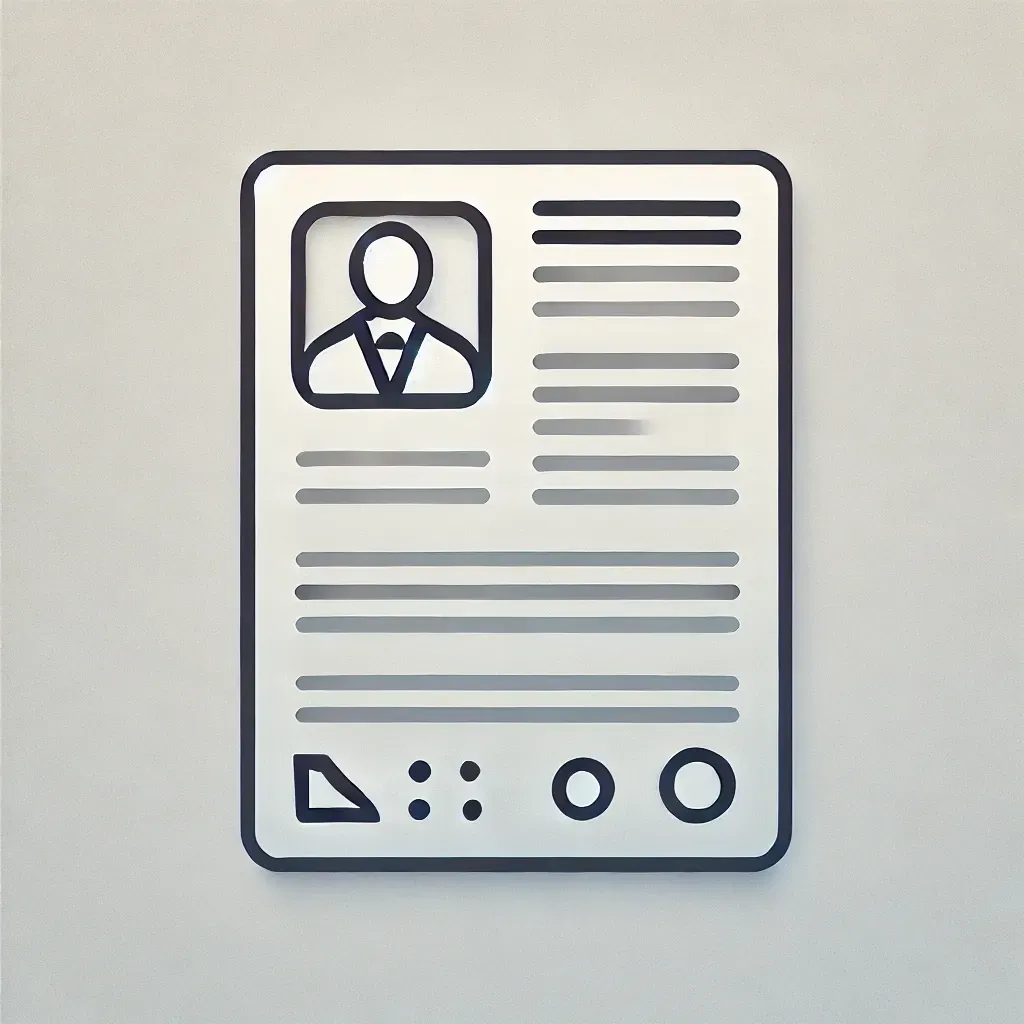
- For more information about my training and experience, see my LinkedIn page (connection requests from clients will not be accepted as per my policy).
Counselling & Psychotherapy: What's the Difference?
Counselling and psychotherapy serve overlapping, but distinct purposes in mental health care:
- Counselling typically focuses on providing tools, advice, and support to manage everyday challenges and maintain wellbeing. It involves practical assistance like fostering life skills, coping techniques for stress, and sometimes crisis intervention.
- Psychotherapy typically addresses significant mental health challenges, which may require a more intensive and longer-term approach. Only registered professionals that have the appropriate training can provide psychotherapy and use the title of “psychotherapist”. The most common psychotherapy providers in Ontario are Registered Social Workers, Clinical Psychologists, and Registered Psychotherapists. For more information see this explanation of Different Registered Mental Health Professionals in Ontario.


Fees
- Fees are $185 per 50-minute session and payment can be made online via the Jane App platform. A sliding scale may be available for a select number of clients who present with demonstrated financial need.
- Cancellations are to be made no less than 48 hours prior to appointment time. Apart from compassionate reasons, the full session fee will be charged for cancellations or no-shows made past this timeframe.
- Seek clarification from your insurance/benefits providers as to which mental health professionals they cover and how much will be covered per visit (as well as “customary fees”) and benefit year. Clarify if they cover registered social workers (RSW) with a Master of Social Work (MSW) degree. Most benefits providers will typically cover the services of a registered professional with designations such as “MSW, RSW” or “C. Psych”, and “RP”. After your session payment is made, a receipt will automatically be sent to you which can be submitted to your insurance provider for reimbursement or used as a medical expense claim on your tax return.
- If you are a full-time student at a post-secondary institution in Ontario, this document may be helpful to see potential coverage. Please note, the information may not be presently accurate and thus it is still your responsibility to clarify with your insurance provider.
Additional Information
- Detailed terms and conditions can be found in the Service Agreement document. This form will be completed electronically when booking your first session on JaneApp.
- Virtual sessions are conducted via the secure telehealth platform JaneApp.
- There are two locations for in-person sessions: Toronto Psychology Clinic and The Beverley Collective. Depending on availability, your appointment may be at either location and you will be informed upon booking.
- Services are offered to individuals aged 12 and above who live in Ontario. To prevent potential conflicts of interest, services may not be offered to residents of Peel Region.
- Services are confidential and your privacy is protected. There are legal limits to confidentiality which are explained on the intake forms and reviewed in our first session.
- Please note, this is not a crisis service. If you are in crisis, please phone 988 (Canadian Suicide Crisis Helpline). If you are in an emergency, please visit your local hospital emergency department or phone 911. Please see this list for more resources in Canada.
- If I am unable to provide services to you, you can visit ConnexOntario.ca and/or PsychologyToday.ca to find other mental health service providers.
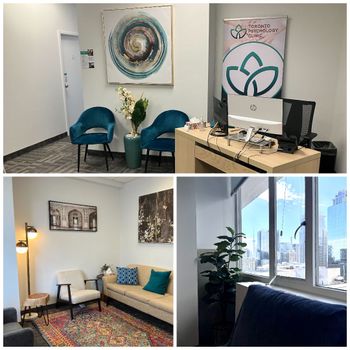

Acceptance & Commitment Therapy (ACT)
Acceptance and Commitment Therapy (ACT - pronounced as the word “act”) is an evidence-based psychotherapy within the cognitive behavioural umbrella. It focuses not directly on symptom reduction but on enhancing life quality through psychological flexibility, achieved via six core processes in the “Hexaflex” diagram. These include being more:
- Present in the moment,
- Defusion (or detachment) from unhelpful thoughts,
- Acceptance of difficult feelings,
- thinking more Flexibly,
- identifying core Values, and
- Committed Action aligned with these values.
Together, these processes foster a more flexible state of being open, present, and value-driven.
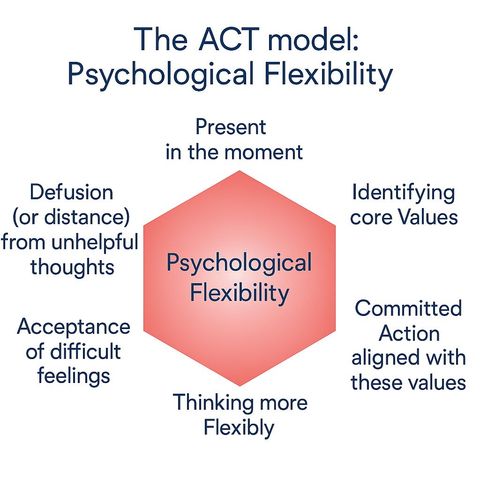
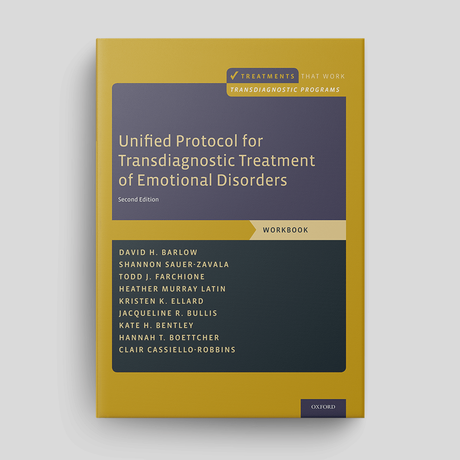
The Unified Protocol (UP)
The Unified Protocol (UP) is a cutting-edge, evidence-based form of cognitive-behavioral therapy designed to treat a range of emotional disorders. It is a transdiagnostic approach, meaning it targets the underlying mechanisms that are common across different psychological disorders, rather than focusing on symptoms specific to any one disorder. The UP emphasizes the development of mindfulness, cognitive flexibility, and emotion regulation skills. By helping clients understand and manage their emotional experiences, it encourages them to confront and respond to their emotions in healthier ways. The protocol is highly adaptable, making it suitable for a diverse array of emotional issues, and is especially effective for those experiencing multiple, co-occurring emotional disorders, offering a comprehensive framework for promoting mental health and resilience.
Exposure and Response Prevention (ERP)
Exposure and Response Prevention (ERP), also known as Exposure and Ritual Prevention (EX/RP), is a specialized form of Cognitive-behavioral Therapy (CBT) designed for the treatment of Obsessive-Compulsive Disorder (OCD). ERP involves confronting fears directly to learn that the anxiety or discomfort they cause can naturally lessen over time through repeated exposure, without the need for rituals. This process helps break the cycle of OCD by weakening the urge to perform rituals, thereby improving the individual's quality of life. ERP is composed of four main components:
- In Vivo Exposure: Directly facing real-life situations or objects that evoke fear, anxiety, and distress, such as touching contaminants or disordering possessions, and remaining in those situations for a set period.
- Imaginal Exposure: Visualizing oneself in feared scenarios, including the consequences of those situations, to confront fears that cannot be physically replicated or are not triggered by identifiable situations.
- Ritual Prevention: Actively refraining from performing ritualistic behaviors in response to anxiety or obsessional thoughts.
- Processing: Reflecting on the experience and learning from it, including recognizing that anxiety and distress can decrease over time without avoidance or rituals, and understanding one's ability to manage distress.
Successful treatment requires active and emotionally engaged participation in exposure exercises that accurately reflect the individual's specific fears and obsessions. The ultimate goal of ERP is to teach individuals that they can manage their distress and live with uncertainty without resorting to avoidance or ritualistic behaviors.
